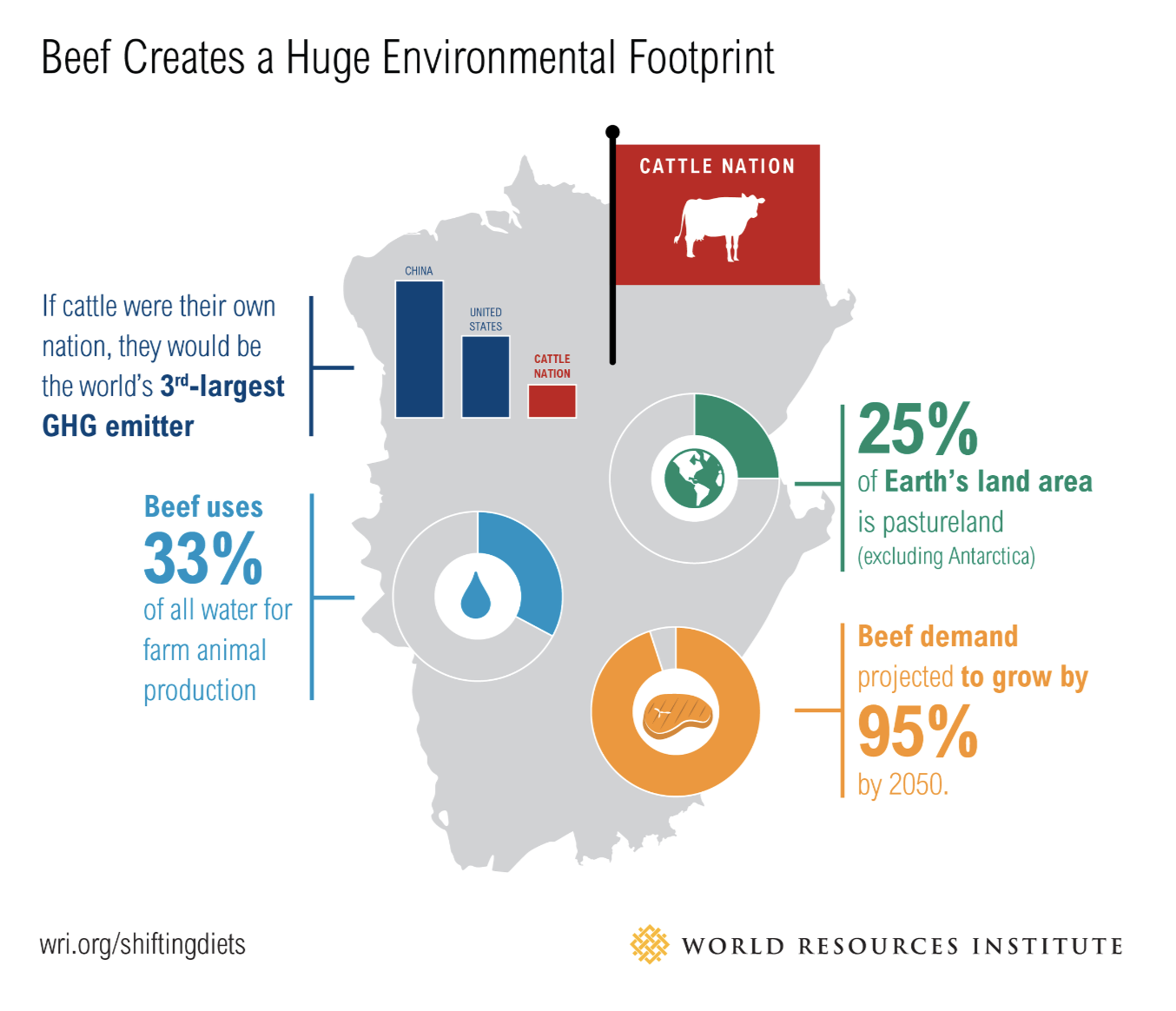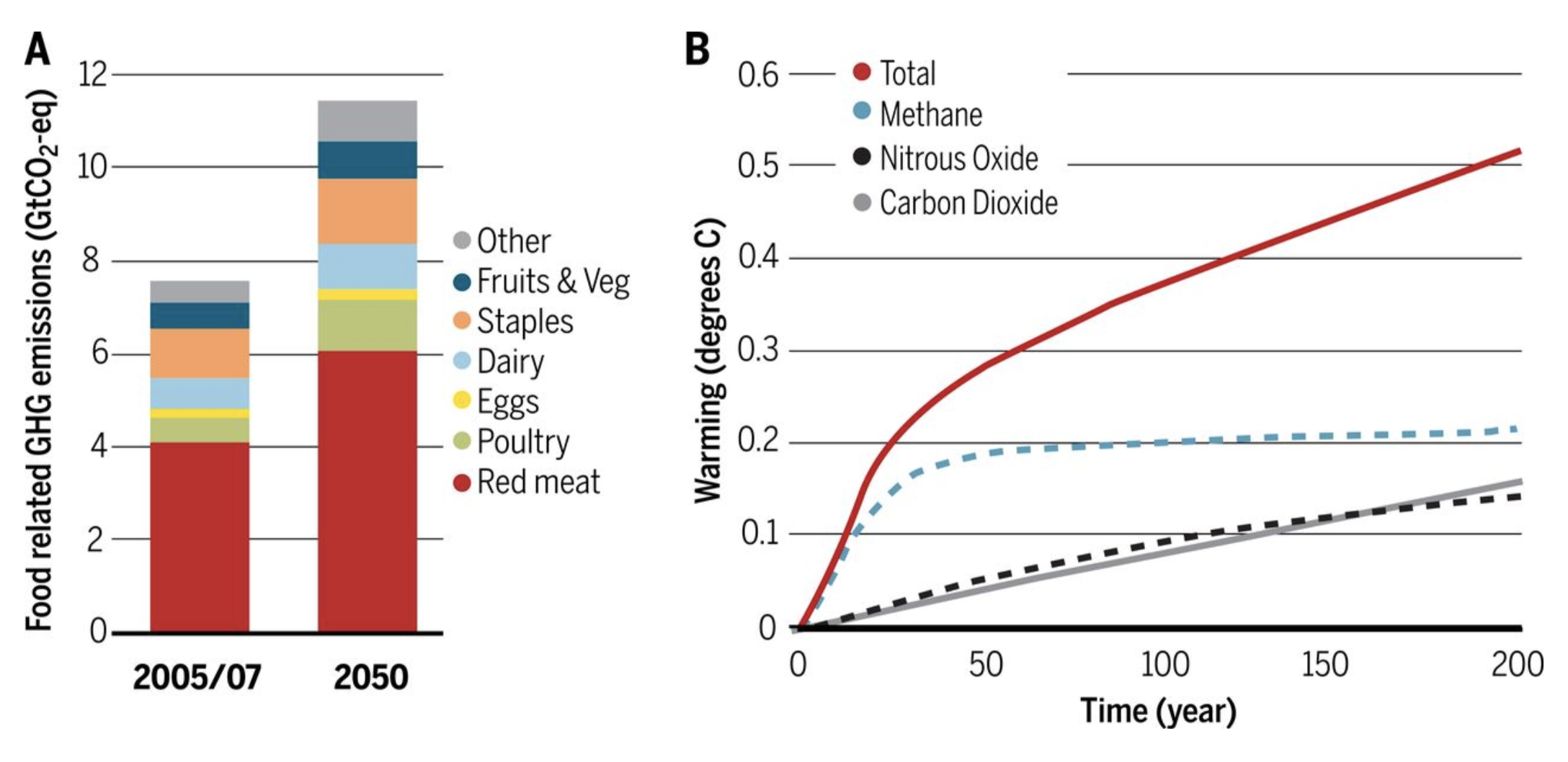The 2018 UN Intergovernmental Panel on Climate Change (IPCC) report stated that as of January 1st, 2018, humanity had 420 Gigatons (Gt) of CO2 left to emit globally if we are to have a 66% chance of keeping global warming to 1.5°C. The alternate scenarios of 3°C of warming would be catastrophic and 5°C, would mean a 90% chance of extinction.
Currently, we emit 42 Gt/year and if we continue with business as usual, we will run out in 8 years and despite all the decades of multi-stakeholder discussions and governmental promises, we have not made any impact with 2018 as the highest global emissions ever recorded in human history. With every day that passes our chances of keeping this climate stable for human life as we know it is slipping away. Bringing global emissions to net-zero is humanity’s greatest challenge over the next 30 years, we need everyone to do their part in order to preserve human life and life as we've come to enjoy it.
Watch Greta Thunberg explain this in her emotional and powerful speech at the UN Climate address recently:
The food system is responsible for more than a quarter (9Gt) of global greenhouse gas (GHG) emissions per year, while unhealthy diets and high body weight are among the greatest contributors to premature mortality. What we eat greatly influences our personal health and the environment we collectively share. Recent analyses have highlighted the dual health and environmental benefits of reducing the animal-sourced foods, especially beef in our diets.
Supplying the growing global demand for beef and dairy alone account for 15% (5Gt). If cows were a country they would be the 3rd largest emitter behind the US and China. Current projections have beef production doubling in 2050 to meet consumer demands. This will require deforestation of a million hectares of land, this is equivalent to the size of the USA. This is not a problem for 2050, it is happening now. The recent Amazon fires were enabled by the Brazilian president’s environmental policy changes that have allowed the clearing of centuries-old forest for raising cows.

Transitioning toward more plant-based diets that are in line with standard dietary guidelines by 2050 could reduce global warming by 0.5°C (see figure below), reduce global mortality by approx 8% and food-related GHGs emissions by approx 55%. Overall, it has been estimated that the economic benefits of improving diets to be 15 trillion US dollars, which is equivalent to 8% of global gross domestic product (GDP). However, significant changes in the global food system and eating habits would be necessary to obtain the projected benefits.

A) GHG emissions from the production of different food types in 2005–2007 and projections for 2050 (assuming an emissions pathway that would keep global temperatures below 2°C). The y axis is the percentage of total GHG emissions. Animal-sourced foods are the major source of food-system GHGs, and their relative importance is likely to increase in the future (43).
(B) The three major GHGs have quite different effects on climate. The figure shows the effect on climate warming of each gas if emissions at the current rate produced by livestock operations were introduced in Year 0 and thereafter held fixed indefinitely [methodology from (54)]. The warming due to methane is substantial and rises quickly but, because of the gas’s short residence time in the atmosphere, ceases growing after about two decades, whereas the warming due to carbon dioxide continues to grow throughout the two centuries shown and indeed would continue to grow indefinitely so long as emissions continue. The warming due to nitrous oxide has begun to level off at the end of the two centuries and grows little in subsequent years. Although the warming in response to a fixed methane emission rate levels off rather quickly, an increase in the rate of methane emissions, caused by an increase in livestock production, would still cause proportionate increases in the methane-induced warming.
These health and environmental impact figures are tantalising projections, however, there currently are no companies, organisations or governments dedicating significant resources to getting billions of people to adopt this healthier and more sustainable diet in a scalable way. The current approach to weight management, diet, health, and behaviour change has failed and we need a more nuanced approach to tackling this very complex and urgent global problem.










